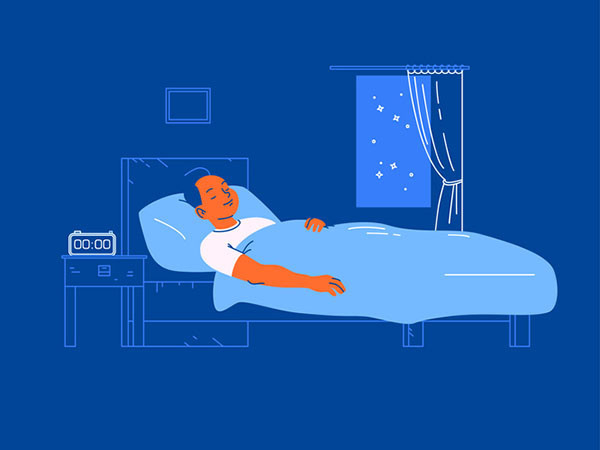
For years, products containing acetaminophen, such as the pain reliever Tylenol, were largely viewed as safe to take during pregnancy. Hundreds of widely available over-the-counter remedies, including popular cold, cough, and flu products, contain acetaminophen. Not surprisingly, some 65% of women in the US report taking it during pregnancy to relieve a headache or to ease an aching back.
But recently, a group of doctors and scientists issued a consensus statement in Nature Reviews Endocrinology urging increased caution around acetaminophen use in pregnancy. They noted growing evidence of its potential to interfere with fetal development, possibly leaving lingering effects on the brain, reproductive and urinary systems, and genital development. And while the issue they raise is important, it’s worth noting that the concerns come from studies done in animals and human observational studies. These types of studies cannot prove that acetaminophen is the actual cause of any of these problems.
An endocrine disruptor
Acetaminophen is known to be an endocrine disruptor. That means it can interfere with chemicals and hormones involved in healthy growth, possibly throwing it off track.
According to the consensus statement, some research suggests that exposure to acetaminophen during pregnancy — particularly high doses or frequent use — potentially increases risk for early puberty in girls, or male fertility problems such as low sperm count. It is also associated with other issues such as undescended testicles, or a birth defect called hypospadias where the opening in the tip of the penis is not in the right place. It might play a role in attention deficit disorder and negatively affect IQ.
Risks for ill effects are low
If you took acetaminophen during a current or past pregnancy, this might sound pretty scary — especially since you’ve probably always considered this medicine harmless. But while experts agree it’s important to consider potential risks when taking any over-the-counter or prescription medicines during pregnancy, you shouldn’t panic.
“The risk for an individual is low,” says Dr. Kathryn M. Rexrode, chief of the Division of Women’s Health, Department of Medicine at Harvard-affiliated Brigham and Women’s Hospital.
Chances are pretty good that if you took acetaminophen during a pregnancy, your baby likely did not, or will not, suffer any ill effects.
The research on this topic is not conclusive. Some information used to inform the consensus statement was gathered from studies on animals, or human studies with significant limitations. More research is needed to confirm that this medicine is truly causing health problems, and to determine at what doses, and at what points during a pregnancy, exposure to acetaminophen might be most harmful.
Sensible steps if you’re pregnant
Three common-sense steps can help protect you and your baby until more is known on this topic:
- Avoid acetaminophen during pregnancy when possible. Previously during preconception and pregnancy counseling, Dr. Rexrode had warned patients against using NSAID drugs, such as Advil and Aleve, and suggested taking acetaminophen instead. “Now I also tell people that some concerns have been raised about acetaminophen use during pregnancy, and explain that its use should be limited to situations where it is really needed,” says Dr. Rexrode. In short, always consider whether you really need it before you swallow a pill.
- Consult with your doctor. Always clear acetaminophen use with your doctor, particularly if you are going to be using the medicine for a long period of time. They might agree that taking it is the best option — or suggest a safer alternative.
- Minimize use. If you do need to take acetaminophen during pregnancy, take it for the shortest amount of time possible and at the lowest effective dose to reduce fetal exposure. “This advice about the lowest necessary dose for the shortest period of time is generally good counseling for all over-the-counter medication use, especially during pregnancy,” says Dr. Rexrode.
While all of this is good advice for using acetaminophen, there are times when it’s riskier not to take it. For example, if you have a high fever during pregnancy — which can harm your baby — acetaminophen may be needed to bring your fever down. Provided it’s advised by your doctor, the benefits of acetaminophen use in this case outweigh the potential risks.


